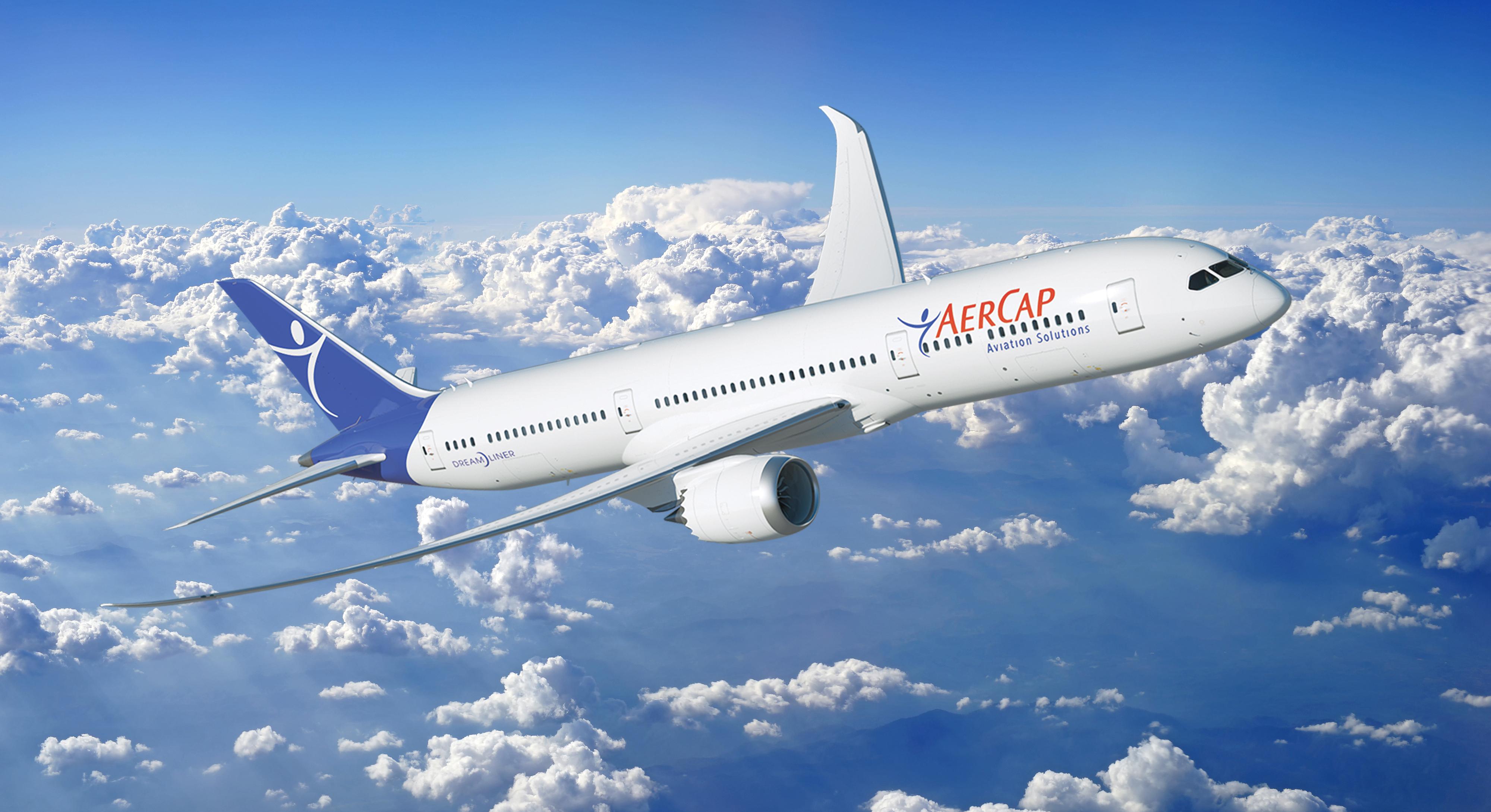
AerCap CEO Aengus Kelly sees “strong growth opportunities” for his company as airlines are forced into pursuing asset-light strategies and reducing debt burdens over the coming years.
Kelly believes there will be a “structural shift to leasing aircraft” as airlines will have “muted appetite for aircraft purchases” while still having to provide more capacity in the recovery from the COVID-19 pandemic. In consequence, there will be “increased dependence on access to lessor order books and on sale-and-lease-back deals to raise capital from the fleets.”
In a March 2 investor webcast, Kelly argued that for an airline, “owning the majority of the fleet is the wrong way to go” and should get push-back from boards and investors. “You own the metal for 20 years not knowing what the market will do,” Kelly said. By pursuing strategies of predominantly owning as opposed to leasing aircraft the vast majority of airlines “take outsize risk for the potential benefit.”
As airlines need to focus on deleveraging balance sheets, Kelly cannot see any major orders from carriers in the near future. While they restructure, fleets will still need to be simplified, with fewer aircraft families being operated and a thrust to new types, Kelly believes.
While the overall outlook for growth in leasing is good in his view, Kelly still argues that “tourist capital” could leave the sector, particularly when it is invested in subscale platforms of 30-40 aircraft or with limited global reach. “Many will realize it has not worked,” Kelly predicted.
As for the COVID-19 pandemic, Kelly stressed that “the worst effects are firmly behind the aviation industry” and that he is “looking to the future with increased optimism.” In his observation, “consumers want to travel. There will be a strong snap-back. There is pent-up demand from the lockdowns.” Getting vaccine travel arrangements such as the EU’s Green Travel Pass in place “is the most important part. It will determine whether there is a good summer starting in June” or a delay. In the short-term, Kelly predicts “a couple of choppy quarters” for the airline industry. But Kelly is convinced that “an inflection point is nearing.”
AerCap itself fared reasonably well in the pandemic and has seen a sharp drop in the levels of support requested by its customers in the 2020 fourth quarter (Q4). The company sold its remaining shares in Norwegian in the first quarter of 2021, having temporarily been its largest shareholder as a result of an earlier restructuring round. It has placed two former Norwegian Boeing 787s on follow-on leases and has letters of intent in place for several more.
AerCap’s exposure to the widebody market is limited as far as new orders from manufacturers are concerned, with only 23 more aircraft to arrive. But Kelly stressed that “we are big believers in the widebody market,” particularly in the 787-9 and the Airbus A350-900. Demand recovery for larger widebodies like the 777X will take longer though, Kelly predicted.
2020 AerCap revenues declined by 9% to $4.5 billion and the company made a $294 million net loss, compared to a $1.17 billion profit a year earlier. The large negative swing in profitability is mainly due to $1.09 billion in asset impairment charges.
Kelly and CFO Peter Juhas highlighted that operating cash-flow doubled in the fourth quarter compared to the previous quarter. AerCap’s liquidity stood at $9 billion at the end of December 2020 and the company had $26 billion in unencumbered assets. AerCap’s average current lease expires in 2028 with 7% of the company’s aircraft by book value coming off lease between now and the end of 2022.
AerCap has placed all deliveries from the order book in 2021 and 98% of arrivals for 2022.





